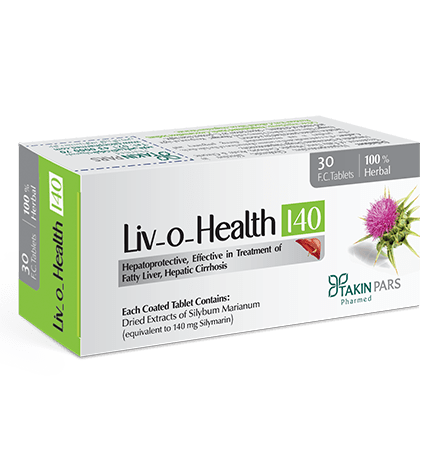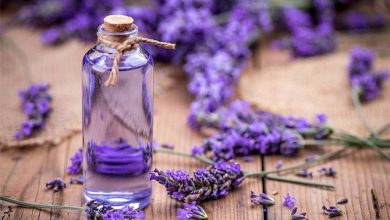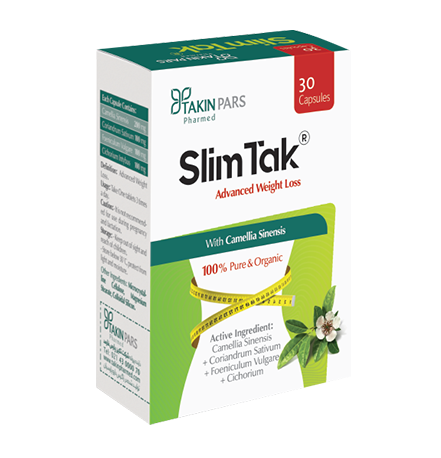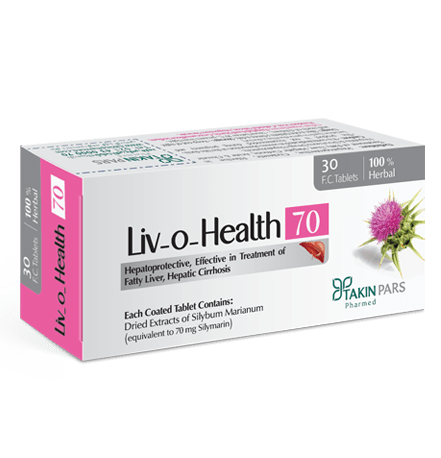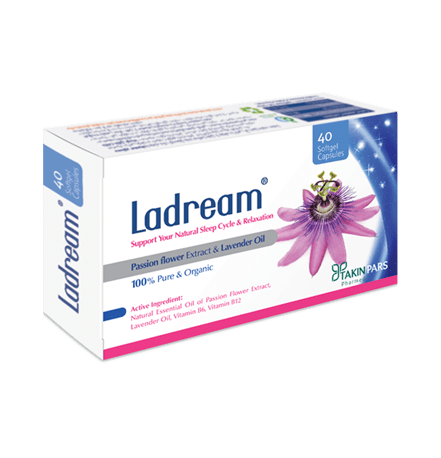Role Identification of Passiflora Incarnata Linnaeus
Abstract
Some species of traditional herbal medicine has a history of use, most traditional natural herbs have been used for various diseases such as diabetes, hypertension, and obesity. Among them, Passiflora incarnata L. is a traditional natural medicine, flowers as well as berries, roots, and leaves have been used as a medicine. It has been used as a natural medicine for the treatment of insomnia and anxiety for a longtime in Europe, and it has been used primarily for sedation tea in North America. Moreover, Passiflora incarnata L. is widely used anti-asthmatic, analgesic and sedation in Brazil. In other words, Passiflora incarnata L. has been used to treat a sedative, dysmenorrhea, insomnia, cancer, etc. in many countries. Present review of the plants showed a wide range of pharmacological activity in anxiolytic relax the clinical disease, such as anti-inflammatory, anxiety and antioxidant. In addition, Passiflora incarnata L. affects menopause symptoms such as vasomotor symptoms, insomnia, and depression. This review aims to provide the latest information on specific functional components of Passiflora incarnata L. especially the results of clinical trials will provide new insights into opportunities for the future development of natural medicines and doors will be used for purposes of analysis.
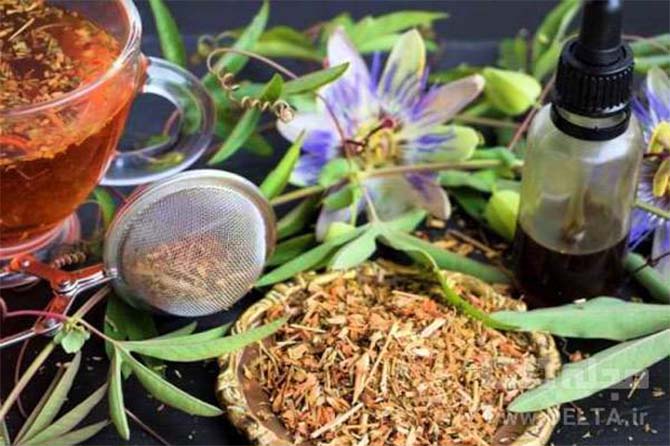
Introduction
Herbal medicine using natural ingredients for medicinal purposes have the potential to cure or even prevent disease, provided they are first carefully researched and analyzed in a clinical setting. Recently, interest in herbal medicine is increasing for its purported health benefits such as weight loss and overall well-being. Increased usage of herbal medicines suggests consumers feel they are harmless and safe. Herbal medicine is mostly used to treat such common ailments as menopausal symptoms, asthma, insomnia, and even cancer. The Passiflora incarnata L., referred to as “passion flower”, consists of approximately 400 species in Brazil, other parts of the tropical Americas, Asia, and Australia. Its fruit and flower contain components such as tannins, coumarin alkaloids, flavonoids, tyrosine, and glycine. Therefore, Passiflora incarnata L. extract has already been used for anxiety, erethism, neuralgia, and insomnia in Europe and South America. The extract has been tested in various clinical trials for insomnia, nervousness, and various cancers. There was no severe complication found in clinical trials, and it is listed that it is possible to use it as a food material in Ministry of Food and Drug Safety in Korea. This review paper will highlight the various effects of Passiflora incarnata L. extract.
Insomnia
Insomnia, or sleep disturbance, is a sleep disorder symptom characterized by difficulty in falling sleep or maintaining sleep, resulting in a “short” or “shallow” sleep. As a symptom, it causes problems with the quantity or quality of sleep, and chronic insomnia is associated with headaches, depression, anxiety disorders, and other health problems. Traditionally, Passiflora incarnata L. is a plant that has been used to treat insomnia. Several studies have shown clinically relevant benefits of Passiflora incarnata L. for insomnia treatment. In one double-blind, placebo-controlled study, 41 participants (18–35 years) drank a cup of tea made with Passiflora incarnata L. and wrote in a sleep diary for seven days and 10 of these participant underwent overnight polysomnography on the last night. Analyzing the sleep diary, sleep quality was significantly better in the tea-drinking group compared to the placebo group (t = 2.70, P < 0.01). This study shows that Passiflora incarnata L. has a potential effect on quality of sleep.8
Sedation
Modern societies have a higher proportion of mental than physical work. In other words, mental stress has increased considerably. As time goes by, chronic stress can cause a variety mental conditions, such as anxiety, agitation, and nervousness, and even physical ailments. Passiflora incarnata L. has a long history of use as a sedative and people around the world have used it to treat anxiety. Research on sedation using Passiflora incarnata L. has been described in mice. In one particular study, mice were divided into groups of ten mice. Four groups were given pentylenetetrazol (PTZ; 90 mg/kg i.p.) 30 minutes prior to administration of (0.05, 0.1, 0.2, 0.4 mg/kg i.p.) Passiflora incarnata L. extract prepared from leaves, flowers, and fruits. Two groups were injected with physiological saline solution 30 minutes prior to administration of diazepam (0.5, 1 mg/kg i.p.), and one group was administered just PTZ (90 mg/kg i.p.). Each animal was observed for 1 hour in an individual plastic cage, which was used as the onset of the clonus common endpoint. Passiflora incarnata L. extract inhibited for the duration of the PTZ model, and this effect appears to increase in a dose-dependent manner. Other studies looked at the effect of bioactive Passiflora incarnata L. on fractionation and chromatography processes to identify phytomoiety. The effect of Passiflora incarnata L. derived from the fraction of methanol extract was observed using an elevated plus maze model of anxiety disorders and showed a significant anxiolytic activity at doses of 10 mg/kg in mice. Benzoflavone activity of Passiflora incarnata L. is a fundamental part of the physiological activity. Two types of Passiflora incarnata L. leaf extracts, Passiflora edulis f. were administered orally (C57BL / 6J 300 mg/kg, 600 mg/kg, and 1,200 mg/kg) to mice to determine their effects during 180 minutes of exercise on a mg/kg basis. For verification of the telemetry system, caffeine (control) and midazolam (positive control) were used. All extracts were tested for their reduction of locomotor activity dose-dependently, compared with the control group. When there was already a significant calming effect using the 1,200 mg/kg does after 18 minutes, the two lower concentrations of each extract showed a higher reduction of locomotor activity after 24 minutes of exercise. An high-performance liquid chromatography (HPLC)-diode-array detector (DAD) analysis of this sedation found apigenin, a major flavonoid compound, in the leaf extract. These studies were able to demonstrate a positive treatment effect of Passiflora incarnata L. leaf extracts and is good evidence of its sedative effect in anxiety and nervousness.
Anti-inflammatory and Antioxidant
Herbal medicines have anti-allergic, anti-oxidation, anti-inflammatory, anti-viral, anti-proliferative and anti-carcinogenicity properties. Passiflora foetida (a kind of passiflora) was investigated for its analgesic and antiinflammatory activity by using an ethanol extract prepared by writhing and hot plate method. In addition, anti-inflammatory properties of carrageenan was tested for its effects on histamine-induced rat foot edema. As a result, a 200 mg/kg dose of Passiflora foetida leaf extract showed significant analgesic activity (13.50 ± 0.43 minutes) in 20 minutes using the hot plate method in mice. A dose of 100 mg/kg of the ethanol extract exhibited an important anti-inflammatory effect on rats (1.302 ± 0.079). Passiflora foetida, has very clear analgesic and anti-inflammatory activities.19 The ethanol extract of Passiflora foetida generates flavonoids, such as rutin, quercetin, luteolin, that plays an important role in anti-inflammatory effect. Antioxidants, which prevent oxidation, include carotenoids, flavonoids, isoflavones, acids, and vitamins. Most antioxidants are contained in fruits and plants; for example, passion fruits (the fruits of Passiflora incarnata L.) are known to contain antioxidants. Extraction conditions include percentage of ethanol (0–100%, v/v), selected time (60-300 minutes), and extraction temperature of 25 to 60℃. Selected extraction conditions were 40% ethanol, 30℃temperature, and an extraction time of 60 minutes. Antioxidant activity was evaluated using α, α-diphenyl-β-picrylhydrazyl (DPPH) analysis, 2,2′-azinobis( 3-ethylbenzothiazoline)-6 sulphonic acid (ABTS) radical, and total phenolic content (TPC). These extraction conditions may have contributed to the high oxidation activity, as measured by TPC. However, the extract was only 68.54% of the inhibitory activity because it provides for β-carotene bleaching (BCB) analysis turned out to be a good resource of the antioxidant. Passiflora incarnata L. could be used as a potential resource for antioxidant and anti-inflammatory substances but more research in the future is needed to determine the pharmaceutical composition.
Conclusion
Interest in the clinical use of herbal medicine is a trend that has substantially increased around the world. Natural remedies have a potential role in treatment of various anxiety disorders and they have shown efficacy as therapeutic agents. Most herbal medicine has antioxidant activity because of the polyphenolic compounds flavonoids (e.g., flavonol), which have been used in various diseases like diabetes, atherosclerosis, and cardiovascular disease. There is increasing concern, however, about the use of Passiflora incarnata L. over the long term. The results summarized above include pre-clinical and clinical studies of the effects of Passiflora incarnata L. on anxiety, nervousness, insomnia and menopausal symptoms. Further study is required to demonstrate its efficacy.
